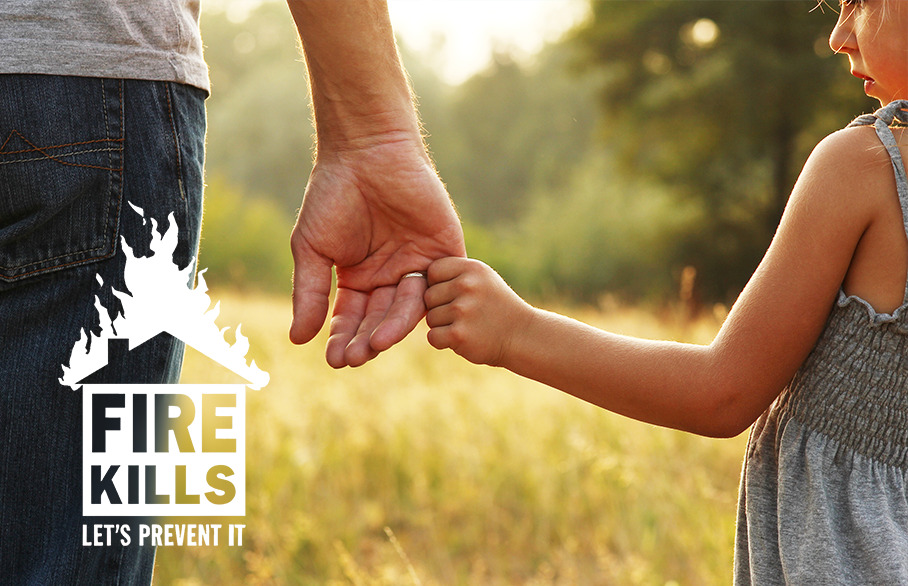
Accidents happen, and all it takes is one small mistake to cause serious damage. We’re talking about fire.
In the year ending June 2023, there were over 170,000 fires in the UK. That’s a 12% increase from the previous year. Fire is no joke.
It’s important you understand what the leading causes of property fires are, what precautions you can take to make your property safer, and what to do in the unfortunate event of a fire in your property.
We’re teaming up with Fire Kills, a UK government initiative, to raise fire safety awareness and save lives doing so.
Remember: Do not tackle fires yourself. Keep you and your loved ones safe by exiting the building and calling 999 and letting the firefighters handle it.
What is the leading cause of property fires?
Understanding how property fires start is one the best ways to prevent them from breaking out in the first place.
The biggest culprit of the year ending June 2023 were ‘cooking appliances’, accounting for 44% of all accidental dwelling fires.
Absent-mindedness will lead to accidental fires, which are inevitably devastating. It was found that misuse of appliances was the leading cause of property fires in the year ending March 2023.
This means you can prevent accidental fires just by being present and sensible when using appliances.
Fire starters: Electric appliances
Electric appliances are continually traced back as being the source of ignition in many property fires. When using an electric appliance, you should never leave them unattended.
Be observant when they are in use. If you smell burning you should stop using it immediately and remove the power.
You should never cover an electrical appliance. Keep flammable items like blankets away from appliances such as space heaters.
After use, you should always double-check that you have switched off the appliance. If an appliance isn’t a fixture and is used less regularly, unplug it and once it has cooled store in a safe location.
Precautions: Smoke and carbon monoxide alarms
It’s important that in the event of the fire you are alerted of the danger as soon as possible so that you and your loved ones can exit your property quickly and safely.
That means working smoke and carbon monoxide alarms, which you test at least once a month, on each floor of your property.
If your smoke or carbon monoxide alarm sounds, you need to get out, stay out, and call 999. Let the professionals fight the fire.
Personalise your fire procedure to your property
Identify the safest, quickest route out of your property in advance so that you can lead yourself and your co-inhabitants out to safety.
That means knowing how to safely make your way to your property’s exits from each room, being aware of alternative routes and exits such as ground floor windows and keeping the floors and staircases clear to prevent trip hazards.
Never endanger yourself by going back into a property on fire. Do not re-enter to collect your belongings. With contents protection coverage you can be rest assured that you’ll receive compensation for what is lost in the damage.
Fire procedures in shared accommodation
If you live in shared accommodation, such as an HMO or a flat, your building manager/landlord should have their own fire safety procedure in place.
You should make sure you are familiar with this as it should explain where the nearest fire exits are, the location of fire alarms, and a safe location to congregate after exiting the property.
Shared accommodation often has fire doors in communal areas to help stop the spread of fire. HMOs are required to be fitted with fire doors.
It is important you do not leave these doors propped open as it would prevent them from slowing the spread of a fire.
If a fire starts in your shared accommodation, you should pull the nearest fire alarm to alert your fellow tenants of the danger. When leaving you should use the stairs, do not take elevators. Once to safety, call 999.
Could you afford to replace your belongings in the event of a fire or other damage? Don’t leave it to chance, our trusted partner First2Protect are on hand to explore your coverage options.
Home Insurance services are referred to First2Protect Ltd.

Your Move E-Marketing Executive



